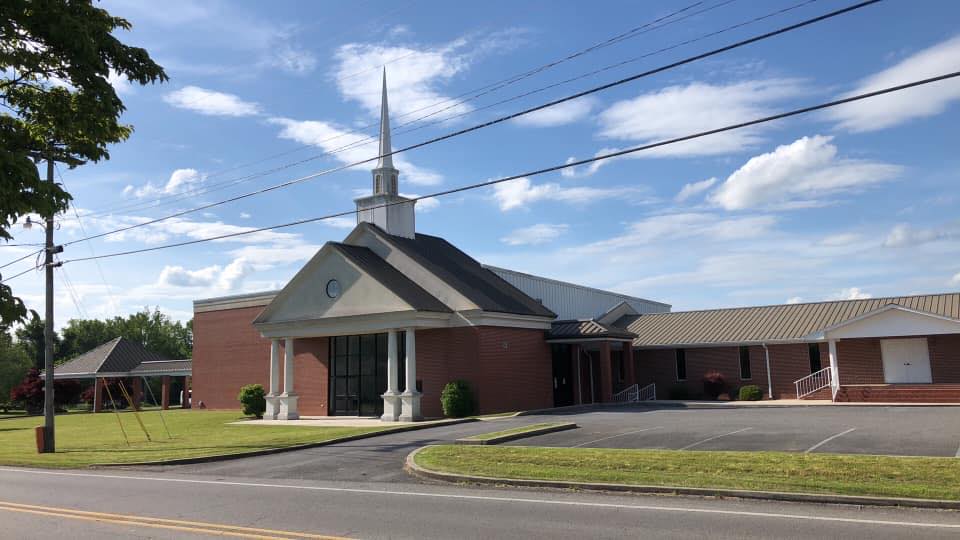Promise of the Father
In the Christian calendar June 8 is Pentecost Sunday. During the next few weeks we will focus on some aspects of Bible teaching about the Holy Spirit. As Jesus moved closer to His hour of destiny on Golgotha, He spoke increasingly to the disciples about the Holy Spirit. During the Last Supper Jesus told His disciples that if they loved Him they would do something, namely, keep His commandments. Then He said that if they kept His commandments, He would do something, namely, make a request of the Father. To this He added that if He asked the Father, the Father would do something, namely, give them “another Helper” (John 14:15–16).
The promise made
A little grammar lesson illumines a primary truth about the promised Helper. Greek has more than one word for “another.” One of the words, heteros, means usually “another of a different kind.” A second term that meant another, allos, refers to “another of the same kind.” Jesus used this second word to refer to the Helper whom the Father would send. The implied sense is that the Father had sent His only Son to be a Helper to His wayward and lost world. Jesus had indeed been a Helper to the disciples, even as He is to all who confess Him as Savior. As He announced again that He would be leaving them, He promised that the Father would send in His stead another Helper who would be of the same kind as He had been — eternal, personal and powerful.
The promise awaited
After the resurrection and as Jesus approached the time of His departure back to the Father, He instructed His followers to remain in Jerusalem where they were to await “the promise of the Father” — the very promise that they had heard from Him (Acts 1:4–5). They waited obediently in Jerusalem for 10 days. When the day of Pentecost arrived, the Holy Spirit was given to each of them, filling them and enabling them to speak as they had not spoken before, as well as face opposition with a boldness beyond anything they had previously shown.
The promise received
One of their number, Peter, spoke like he had not spoken before. Rather than denying the Lord, in the Spirit’s fullness He spoke with boldness to an assembled crowd. The crowd included some of the authorities who had demanded the death of Jesus. He explained for the crowd that the unusual sight (“tongues as of fire”) and the unusual sound (speaking “in other tongues”) was because of the coming of the Holy Spirit (Acts 2:1–4). After the explanation, Peter declared the good news concerning Jesus to his inquisitive audience. He reminded them of the death of Jesus and then declared God’s mighty work in raising Him from death and exalting Him to His own right hand. At the end, Peter called on the people to repent and submit to baptism. He then promised that they also could receive the Holy Spirit. “For the promise is for you and for your children and for all who are far off, everyone whom the Lord our God calls to Himself” (Acts 2:39).
The coming of the Holy Spirit was fulfillment of the Father’s promise, which Jesus had passed on to the disciples, Peter passed on to the Jerusalem crowd and the Bible passes on to us today. So as we think together in the next weeks about God’s Spirit, we will be dealing with a fulfilled promise from our Heavenly Father.





Share with others: